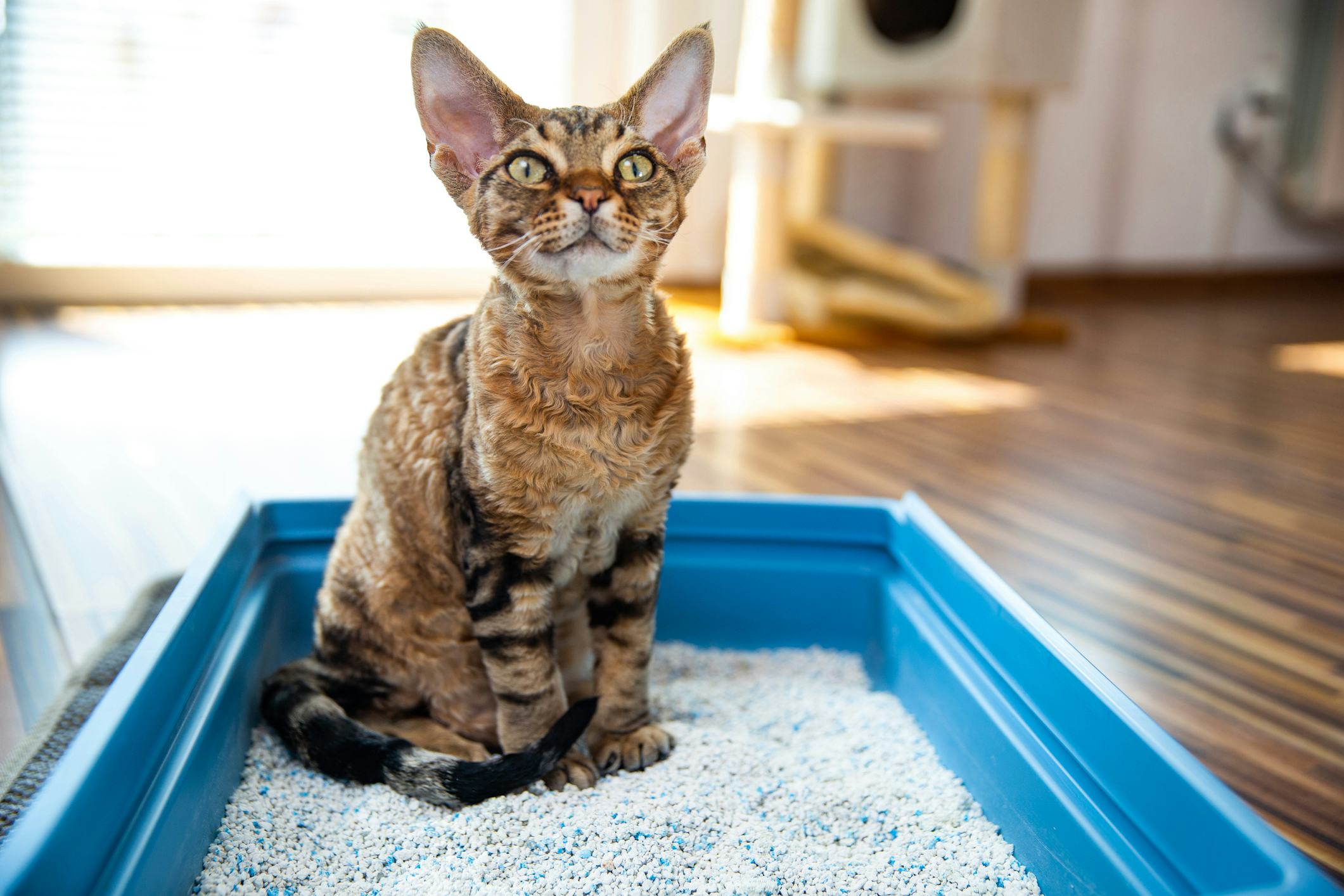Are you currently searching for information around Can You Flush Cat Poop Down The Toilet??

Introduction
As feline owners, it's important to be mindful of how we deal with our feline pals' waste. While it might appear convenient to flush pet cat poop down the commode, this technique can have destructive repercussions for both the atmosphere and human health and wellness.
Ecological Impact
Purging cat poop introduces harmful pathogens and parasites into the water supply, posing a considerable threat to water communities. These contaminants can negatively impact marine life and compromise water top quality.
Health Risks
In addition to environmental issues, purging pet cat waste can additionally pose wellness dangers to human beings. Pet cat feces might consist of Toxoplasma gondii, a bloodsucker that can create toxoplasmosis-- a possibly serious illness, particularly for expectant females and individuals with weakened body immune systems.
Alternatives to Flushing
Fortunately, there are safer and much more responsible means to dispose of feline poop. Take into consideration the following choices:
1. Scoop and Dispose in Trash
One of the most typical technique of throwing away feline poop is to scoop it right into an eco-friendly bag and toss it in the trash. Be sure to use a specialized litter scoop and throw away the waste without delay.
2. Use Biodegradable Litter
Go with biodegradable cat litter made from materials such as corn or wheat. These litters are environmentally friendly and can be securely thrown away in the garbage.
3. Hide in the Yard
If you have a yard, consider burying cat waste in a marked location far from veggie gardens and water sources. Make certain to dig deep sufficient to prevent contamination of groundwater.
4. Install a Pet Waste Disposal System
Invest in a pet dog garbage disposal system especially created for feline waste. These systems utilize enzymes to break down the waste, minimizing smell and ecological impact.
Verdict
Liable pet possession expands beyond offering food and shelter-- it likewise involves correct waste monitoring. By avoiding flushing feline poop down the toilet and opting for different disposal methods, we can minimize our ecological footprint and protect human wellness.
Why Can’t I Flush Cat Poop?
It Spreads a Parasite
Cats are frequently infected with a parasite called toxoplasma gondii. The parasite causes an infection called toxoplasmosis. It is usually harmless to cats. The parasite only uses cat poop as a host for its eggs. Otherwise, the cat’s immune system usually keeps the infection at low enough levels to maintain its own health. But it does not stop the develop of eggs. These eggs are tiny and surprisingly tough. They may survive for a year before they begin to grow. But that’s the problem.
Our wastewater system is not designed to deal with toxoplasmosis eggs. Instead, most eggs will flush from your toilet into sewers and wastewater management plants. After the sewage is treated for many other harmful things in it, it is typically released into local rivers, lakes, or oceans. Here, the toxoplasmosis eggs can find new hosts, including starfish, crabs, otters, and many other wildlife. For many, this is a significant risk to their health. Toxoplasmosis can also end up infecting water sources that are important for agriculture, which means our deer, pigs, and sheep can get infected too.
Is There Risk to Humans?
There can be a risk to human life from flushing cat poop down the toilet. If you do so, the parasites from your cat’s poop can end up in shellfish, game animals, or livestock. If this meat is then served raw or undercooked, the people who eat it can get sick.
In fact, according to the CDC, 40 million people in the United States are infected with toxoplasma gondii. They get it from exposure to infected seafood, or from some kind of cat poop contamination, like drinking from a stream that is contaminated or touching anything that has come into contact with cat poop. That includes just cleaning a cat litter box.
Most people who get infected with these parasites will not develop any symptoms. However, for pregnant women or for those with compromised immune systems, the parasite can cause severe health problems.
How to Handle Cat Poop
The best way to handle cat poop is actually to clean the box more often. The eggs that the parasite sheds will not become active until one to five days after the cat poops. That means that if you clean daily, you’re much less likely to come into direct contact with infectious eggs.
That said, always dispose of cat poop in the garbage and not down the toilet. Wash your hands before and after you clean the litter box, and bring the bag of poop right outside to your garbage bins.
https://trenchlesssolutionsusa.com/why-cant-i-flush-cat-poop/

Do you appreciate reading up on Can You Flush Cat Poo or Litter Down the Toilet?? Place a remark down the page. We'd be delighted to find out your thoughts about this write-up. Hoping that you visit us again later on. Enjoyed our entry? Please share it. Help other people find it. Thank you for your time. Visit again soon.
Schedule Appointment
Comments on “Prevent Clogs and Damage: Never Flush Cat Poop Down Your Toilet - Professional Recommendations”